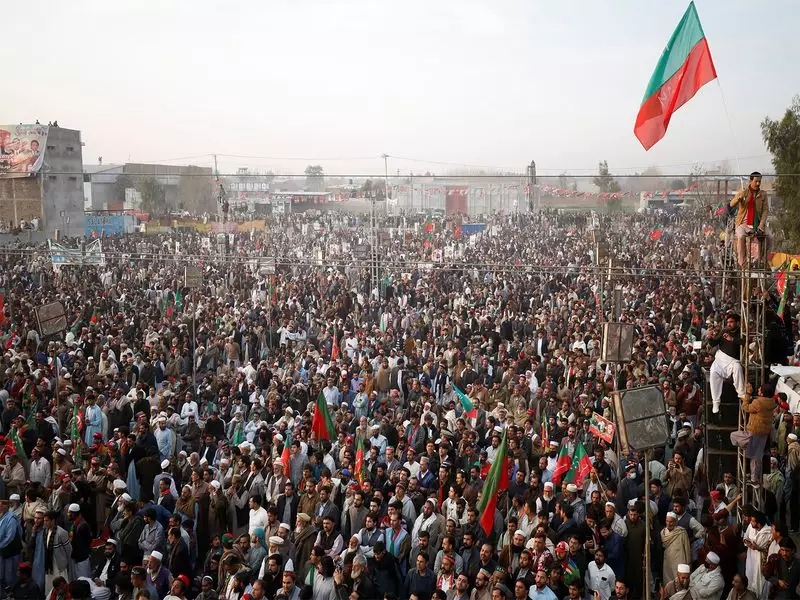
Pakistan's political landscape has been plunged into fresh turmoil following the dramatic resignation of two Supreme Court judges who cited serious constitutional violations in the handling of the controversial 27th Amendment case. The development has triggered immediate reaction from opposition parties, who have announced plans for nationwide protests against what they term as "judicial undermining" and "constitutional sabotage" by the ruling establishment.
Judicial Exodus Rocks Pakistan's Supreme Court
The crisis unfolded when Justice Qazi Faez Isa and Justice Sardar Tariq Masood submitted their resignations to the President of Pakistan, delivering a severe blow to the country's highest judicial institution. Both judges explicitly referenced their inability to continue serving in an environment where constitutional provisions were being systematically violated during the proceedings related to the 27th Amendment.
Their resignations represent one of the most significant judicial protests in Pakistan's recent history, highlighting the deepening rift between the judiciary and the executive branch. Legal experts have described the move as unprecedented, noting that such high-profile resignations on constitutional grounds haven't been witnessed in decades.
Opposition Mobilizes for Nationwide Demonstrations
In response to the judicial resignations, major opposition parties including the Pakistan Tehreek-e-Insaf (PTI), Pakistan Muslim League-Nawaz (PML-N), and Pakistan Peoples Party (PPP) have formed a united front. They have announced a series of nationwide protests beginning next week, with the first major demonstration planned outside the Supreme Court building in Islamabad.
Opposition leaders have characterized the judges' resignations as evidence of the government's attempts to manipulate constitutional processes for political gain. They argue that the 27th Amendment case has become a litmus test for Pakistan's democratic integrity and judicial independence.
The protest strategy includes:
- Mass rallies in all provincial capitals
- Legal challenges in remaining Supreme Court benches
- International awareness campaigns about constitutional crisis
- Parliamentary motions against the government
Constitutional Crisis Over 27th Amendment
The 27th Amendment has emerged as the central point of contention, with critics alleging that it contains provisions that fundamentally alter the balance of power between state institutions. The amendment specifically addresses judicial appointments and jurisdiction limitations that opponents claim undermine judicial independence.
Legal analysts suggest that the resigning judges objected to procedural irregularities in how the amendment was being reviewed by the court. Sources close to the judiciary indicate that there was mounting pressure on judges to deliver a favorable verdict for the government, creating an untenable working environment.
The government, however, has maintained that the amendment is necessary for streamlining judicial processes and addressing longstanding structural issues within the legal system. Administration officials have dismissed the resignations as politically motivated and have vowed to proceed with the constitutional changes.
International Community Watching Closely
The developing situation has attracted significant international attention, with human rights organizations and foreign governments monitoring the constitutional crisis. The United Nations and various international legal bodies have expressed concern about the erosion of judicial independence in Pakistan.
Diplomatic sources indicate that several Western capitals have privately communicated their apprehension about the stability of Pakistan's democratic institutions. The timing is particularly sensitive given Pakistan's ongoing economic challenges and its strategic importance in regional politics.
As the nation braces for widespread protests, the coming days will be crucial in determining whether the political establishment can find a constitutional solution or whether Pakistan faces another prolonged period of institutional conflict and public unrest.





